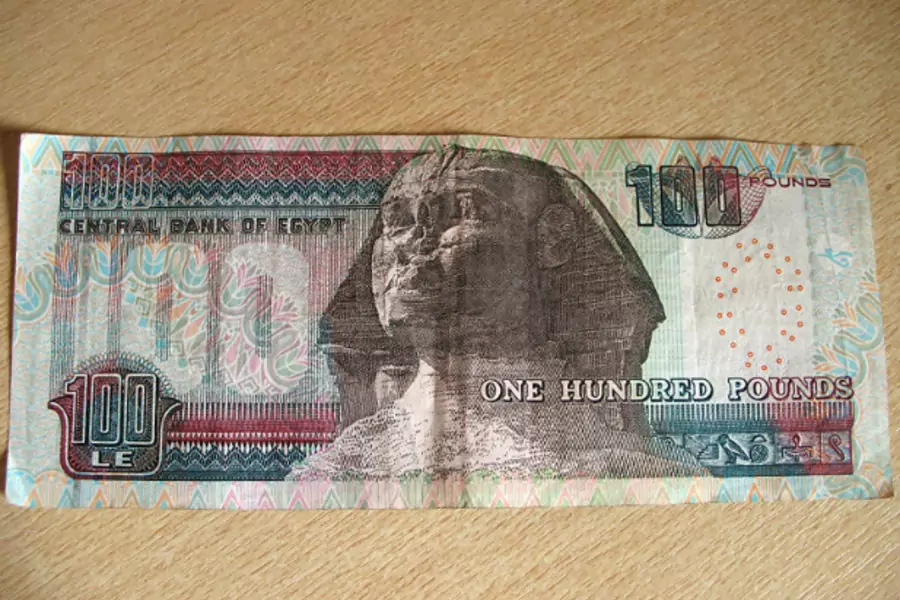Egypt’s Economic Woes

More on:
The political troubles in Egypt would be daunting even in a situation of economic growth and financial stability. But the current data suggest there is far more trouble ahead.
Egypt’s currency has fallen again in value, to 6.720 to the dollar in an auction this week. The Egyptian pound has lost 8 percent of its value already this year. In January, Egypt’s reserves dropped to a 15-year low of $13.6 billion dollars. As the Financial Times pointed out, "Reserves have fallen by $23bn in the two years since the start of the Egyptian revolution." Because Egypt is a large importer of food and petroleum, the lack of foreign currency reserves is a great problem. The FT continues: "the Egyptian government’s hopes are pinned on securing a long-awaited $4.8bn loan from the IMF, who are due to visit Egypt again in the coming weeks. The problems remain the same: the IMF want unpopular reforms; the government is struggling to restore order on the streets. A swift conclusion to the deal is far from guaranteed."
And because that deal is uncertain, Egypt’s credit rating is falling. Reuters reports that one credit rating agency, Fitch, cut Egypt from B-plus to B last week, "taking it deep into ’junk’ territory, and warned it might cut further." Reuters noted that "Moody’s placed its B2 rating for Egypt - equivalent to Fitch’s - on review for possible downgrade in January. Standard & Poor’s cut its rating to B-minus, one notch lower, in December with a negative outlook."
No good news here. And of course, the current political turmoil and violence keep away investors and tourists whose foreign currency is so badly needed. President Morsi won election last June by a margin of only 51 to 48 percent, no landslide. While the greatest American concerns with the Muslim Brotherhood government revolve around its foreign policy and its respect for human rights, for many Egyptian voters a failure to produce economic improvement will be far more important when they judge the Brotherhood’s stewardship of Egypt. And remember: every year there are another 1.5 million mouths to feed. Mohammed Morsi rules over 3 million more Egyptians than Hosni Mubarak did on his last day in power. And about 1.5 million more Egyptians have left school and are now in the labor market than on Mubarak’s last day. Whatever our top concerns, Morsi’s political fate hangs largely on whether he can meet his promises to find food and jobs for Egypt’s citizens. The numbers cited here should have him worried.
More on:
 Online Store
Online Store